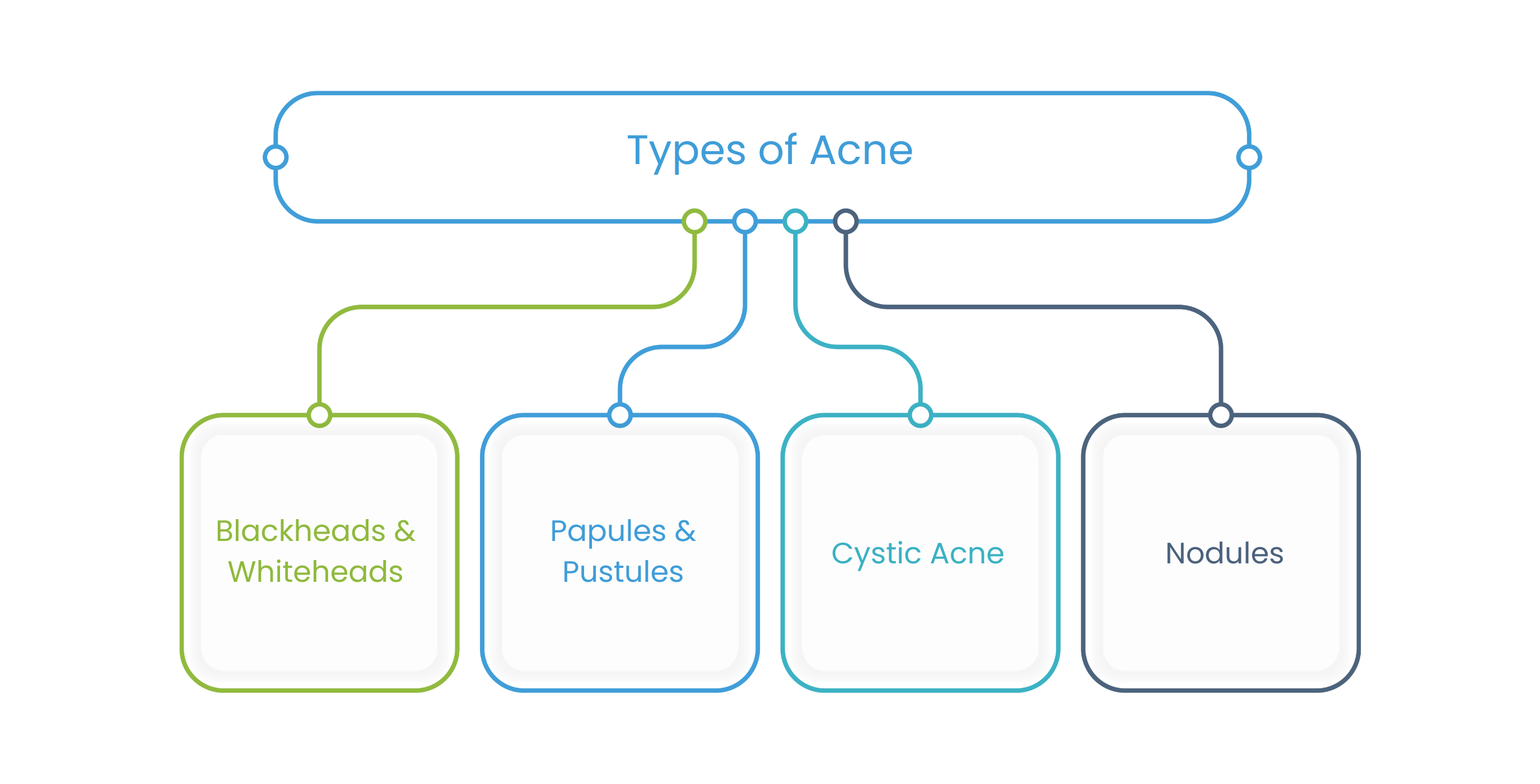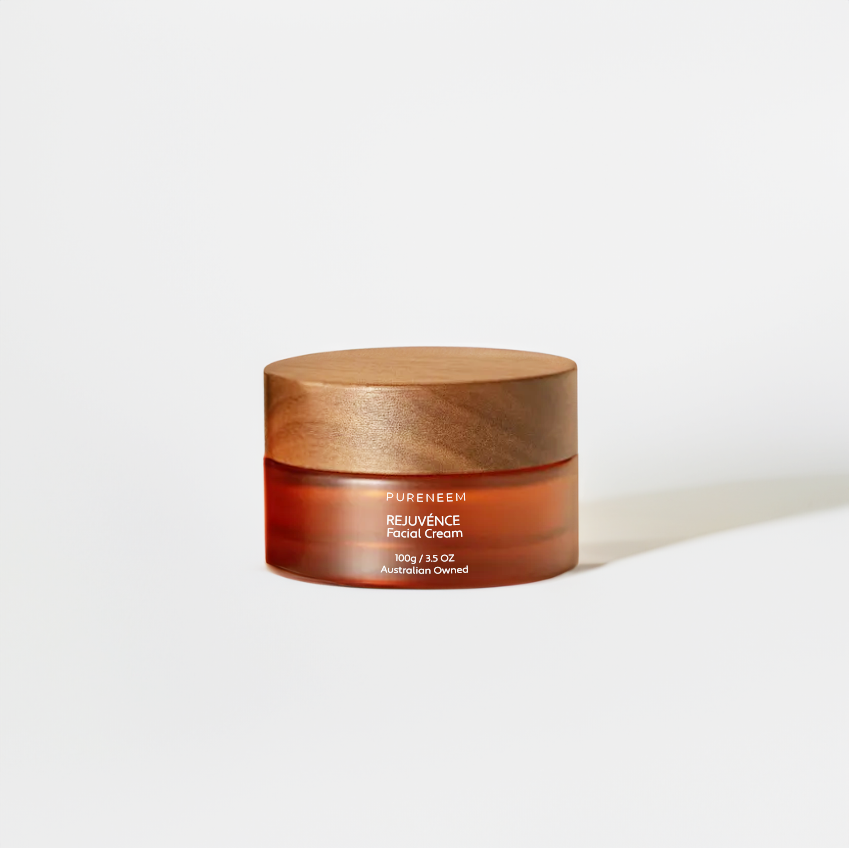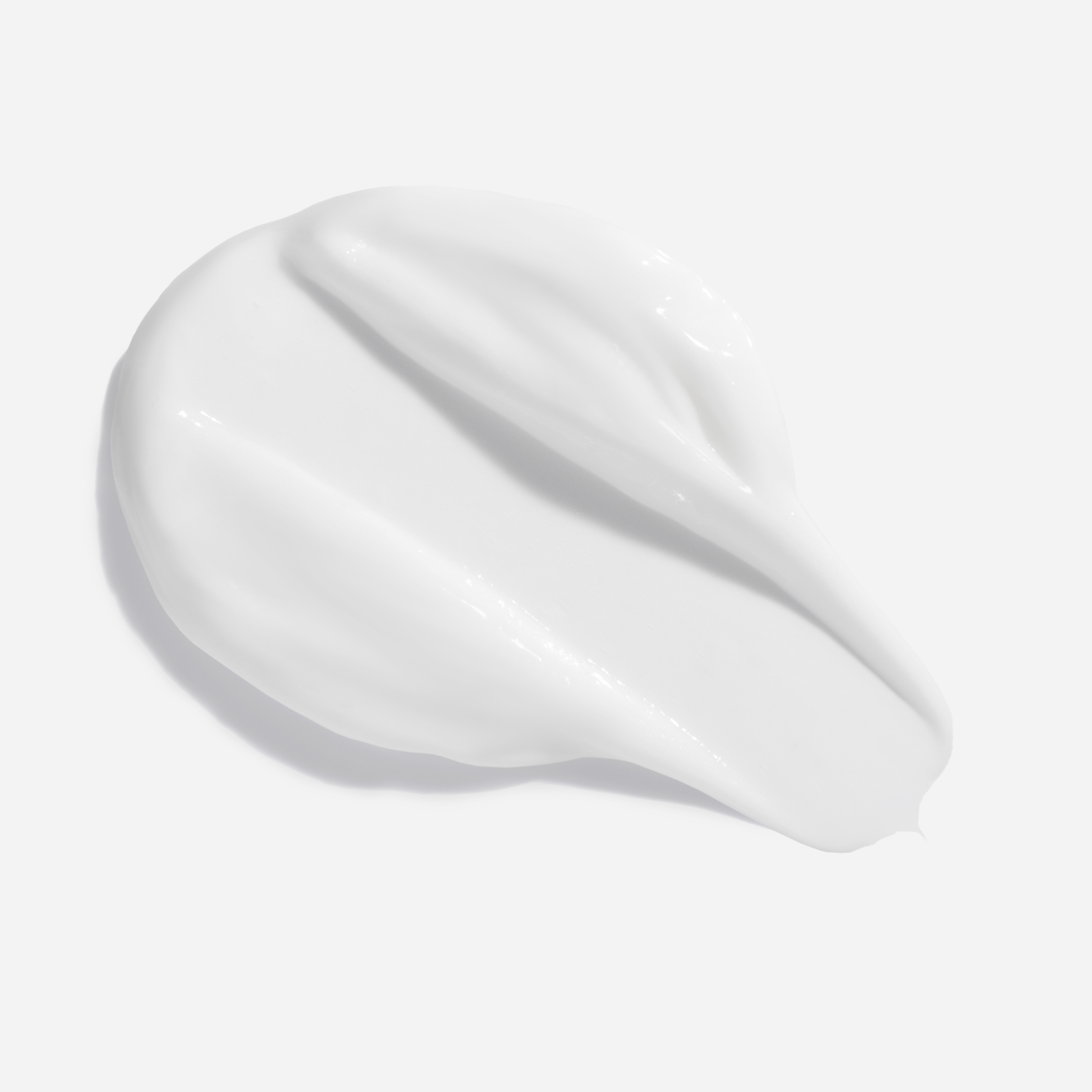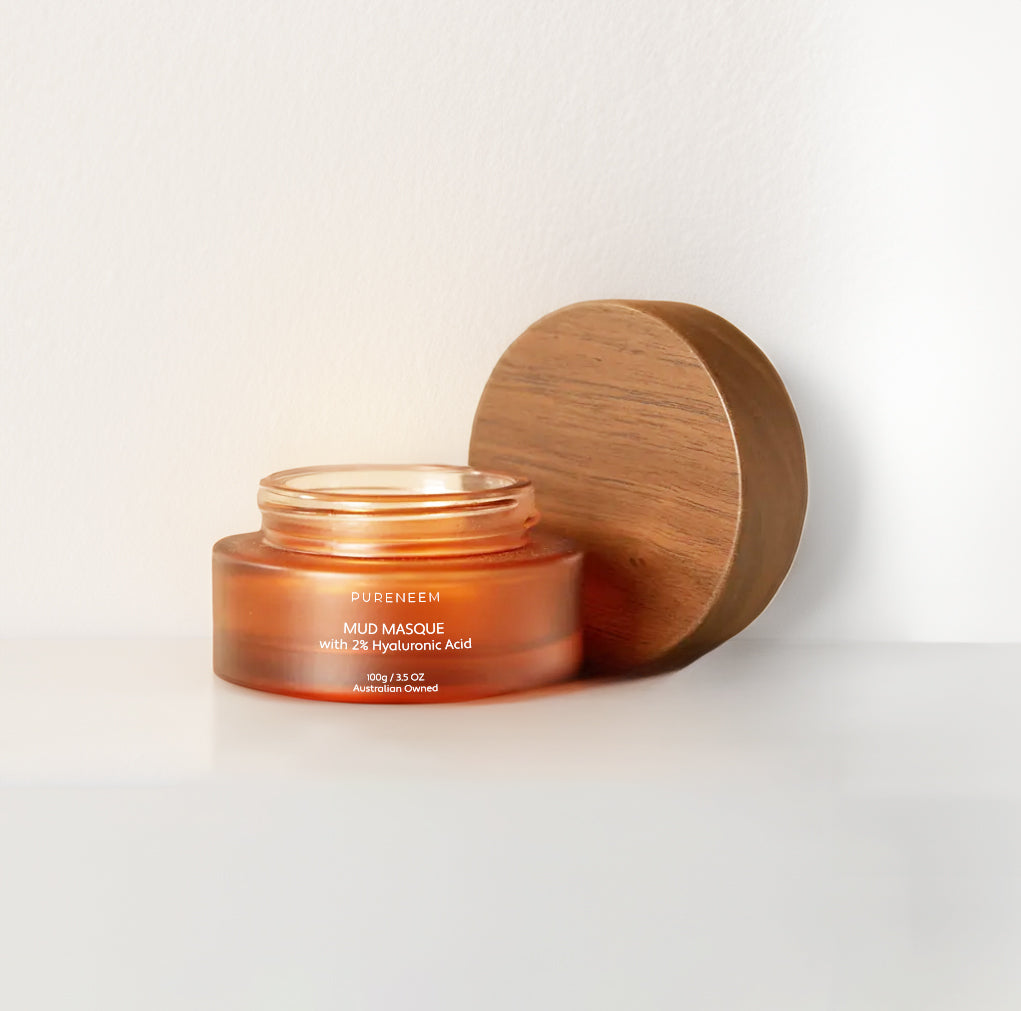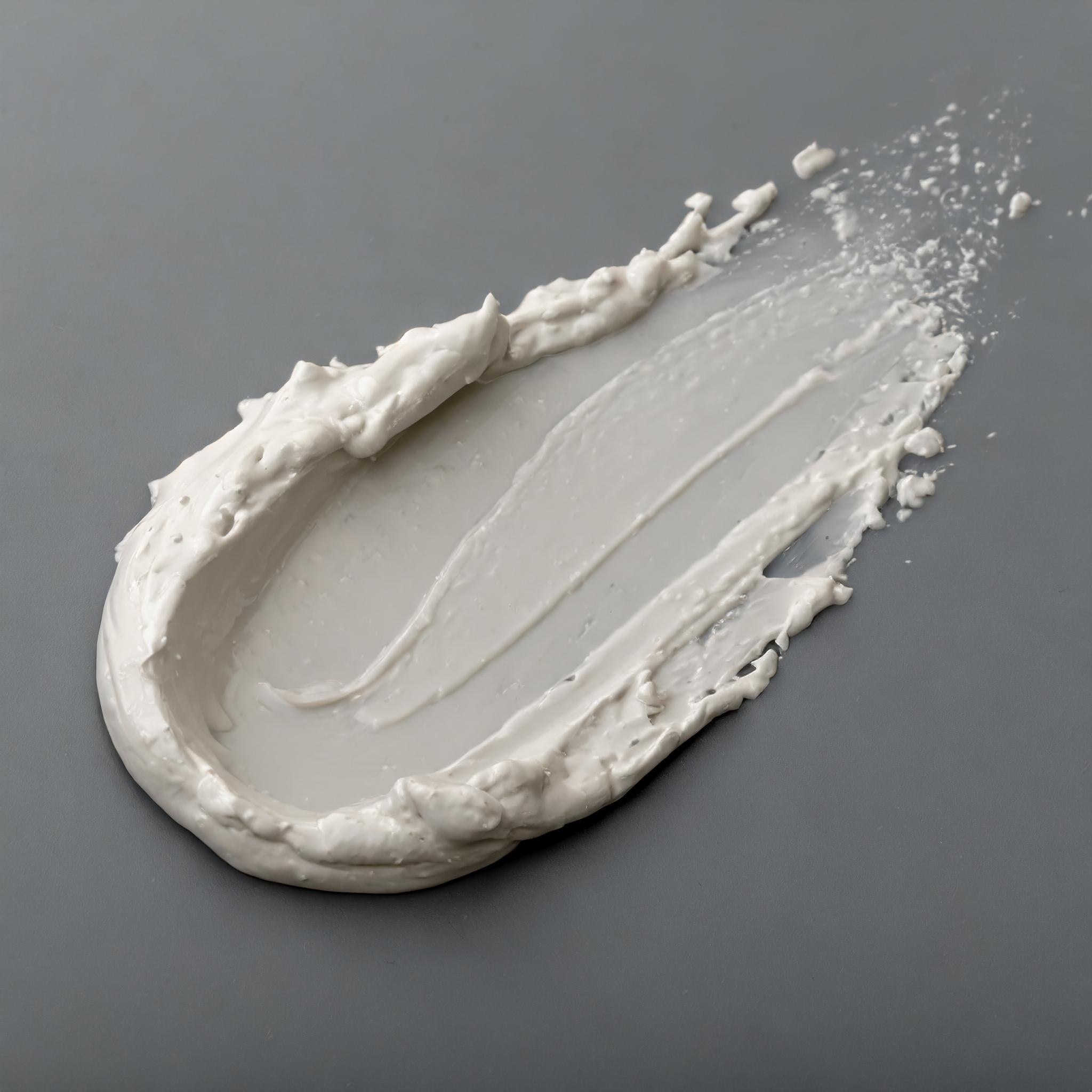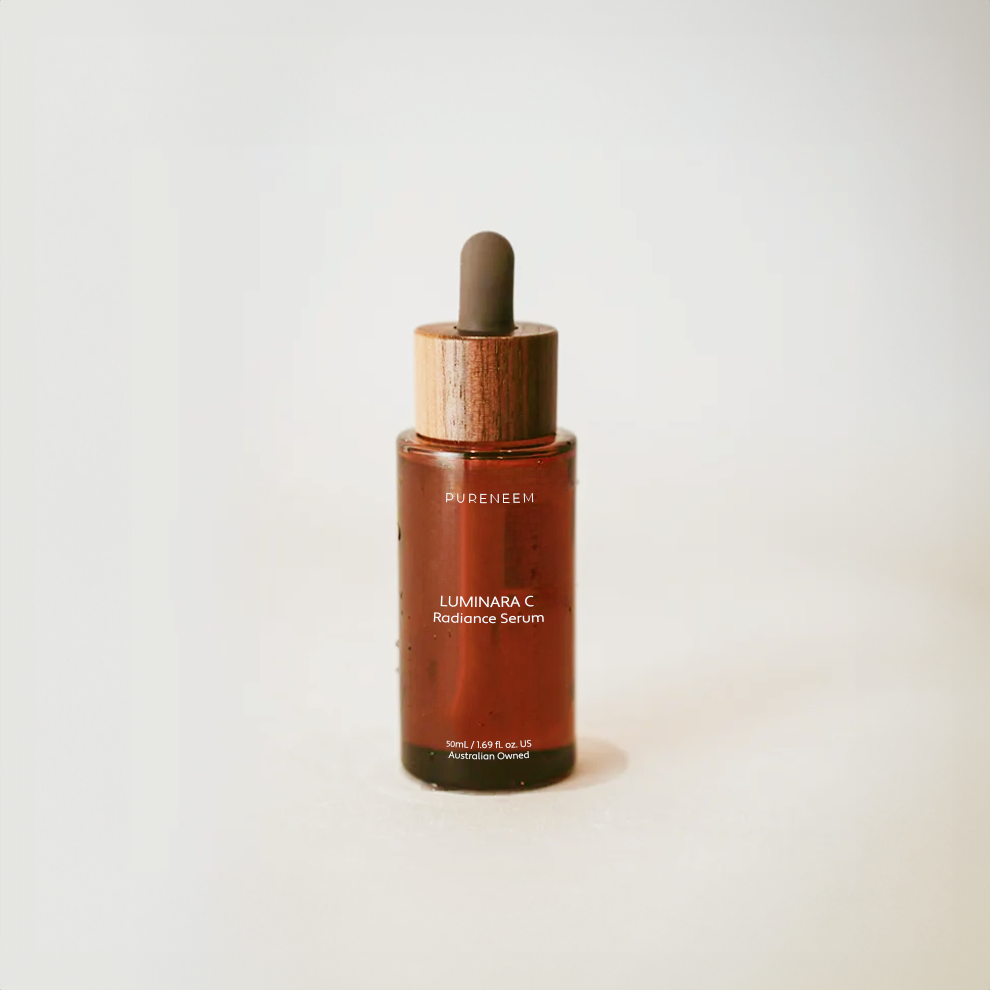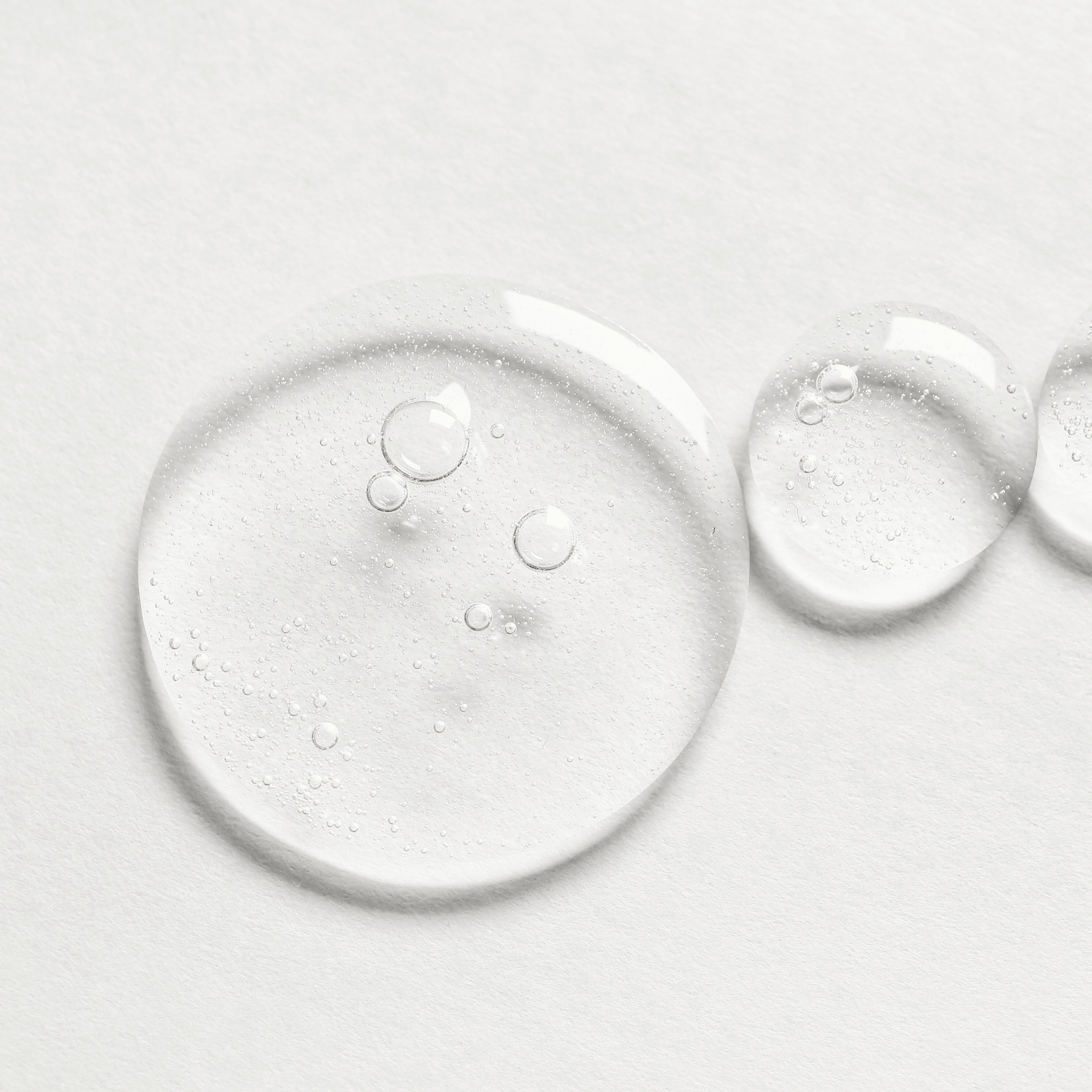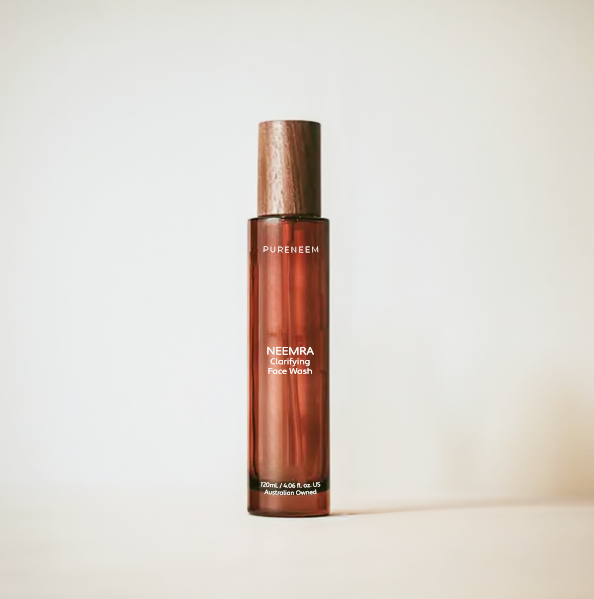
Acne and Breakouts
Understanding the Causes and Solutions
Acne and breakouts are some of the most common skin concerns, affecting people of all ages and skin types. Whether you’re dealing with occasional pimples or persistent acne, it can be a source of frustration. At PureNeem, we believe that understanding the root causes and finding effective, science-backed solutions can help you take control of your skin’s health.
What Causes Acne?
Acne occurs when hair follicles become clogged with oil (sebum), dead skin cells, and bacteria. This can lead to inflammation, resulting in pimples, blackheads, whiteheads, and cystic acne. Several factors can contribute to acne, including:
Hormonal Changes: Fluctuations in hormones, particularly during adolescence, pregnancy, or menstrual cycles, can trigger increased oil production, leading to clogged pores.
Excess Oil Production: Skin naturally produces sebum to protect and hydrate, but too much oil can clog pores and lead to breakouts.
Bacteria: The bacteria Propionibacterium acnes (P. acnes) naturally live on the skin, but when pores become clogged, this bacteria can multiply and cause inflammation.
Diet and Lifestyle: Certain diets, particularly those high in dairy and sugar, may aggravate acne in some individuals. Stress, lack of sleep, and other lifestyle factors can also play a role in worsening breakouts.
Genetics: If your parents struggled with acne, there’s a good chance you might too. Genetics can affect the size of your pores, oil production, and how your skin responds to inflammation.
Types of Acne
Understanding the different types of acne can help you determine the best treatment for your skin. Common forms of acne include:
Blackheads and Whiteheads: These are known as comedonal acne, where the pore is clogged with oil and dead skin cells. Blackheads are open comedones, while whiteheads are closed comedones.
Papules and Pustules: These are inflamed bumps, often red and tender to the touch. Pustules contain pus, giving them a white or yellow top.
Cystic Acne: This is the most severe form of acne, characterised by deep, painful cysts beneath the skin. Cystic acne can result in scarring if left untreated.
Nodules: These are large, solid bumps that form beneath the skin's surface, similar to cysts but without the pus.
How to Manage and Treat Acne
Acne can be stubborn, but effective treatment starts with understanding your skin type and the underlying causes of your breakouts. Here are some proven, science-backed solutions:
1. Cleansing and Exfoliation
Proper cleansing is crucial for preventing clogged pores. Use a gentle cleanser that removes excess oil and dirt without stripping the skin of its natural moisture barrier. Exfoliating 1-2 times a week with a product containing alpha hydroxy acids (AHAs) or beta hydroxy acids (BHAs) can help remove dead skin cells and reduce the risk of clogged pores.
2. Topical Treatments
Neem and Turmeric: Neem is a powerful antibacterial ingredient known to combat P. acnes bacteria, making it an excellent choice for acne-prone skin. Turmeric, with its anti-inflammatory and antioxidant properties, helps reduce redness and prevent future breakouts by soothing irritated skin.
Witch Hazel: Known for its astringent properties, witch hazel helps to tighten pores and reduce excess oil production without stripping the skin. It also acts as an anti-inflammatory, reducing the size and severity of pimples.
Salicylic Acid: A BHA that penetrates deep into the pores to break down oil and dead skin. It’s particularly effective for blackheads and whiteheads.
Benzoyl Peroxide: An antibacterial ingredient that targets acne-causing bacteria and reduces inflammation. It’s highly effective but can be drying, so use it sparingly.
Retinoids: These vitamin A derivatives help to promote cell turnover, preventing dead skin from clogging pores. Retinoids can also reduce inflammation and prevent future breakouts.
3. Hydration and Moisturising
Acne-prone skin still needs hydration. Opt for non-comedogenic, oil-free moisturisers to maintain your skin's moisture balance without clogging pores. Ingredients like hyaluronic acid can provide hydration without making the skin greasy. Avoid heavy oils that may worsen breakouts.
4. Diet and Lifestyle
A balanced diet, rich in antioxidants and low in refined sugars, may help control breakouts. Omega-3 fatty acids, found in fish and flaxseeds, can reduce inflammation in the body and improve skin health. Additionally, regular exercise and managing stress can positively affect your skin by regulating hormone levels and improving circulation.
5. Professional Treatments
For persistent acne, consider visiting a dermatologist. They may recommend treatments such as chemical peels, laser therapy, or prescription medications like oral antibiotics, hormonal treatments, or stronger topical retinoids.
Acne Prevention
Preventing acne is about maintaining a consistent skincare routine and making lifestyle adjustments. Keep your skin clean, moisturised, and protected from environmental stressors. It’s also important to avoid touching your face, as this can transfer dirt and bacteria to your skin, causing breakouts. Additionally, changing pillowcases regularly and avoiding heavy, pore-clogging makeup can help reduce the risk of acne.
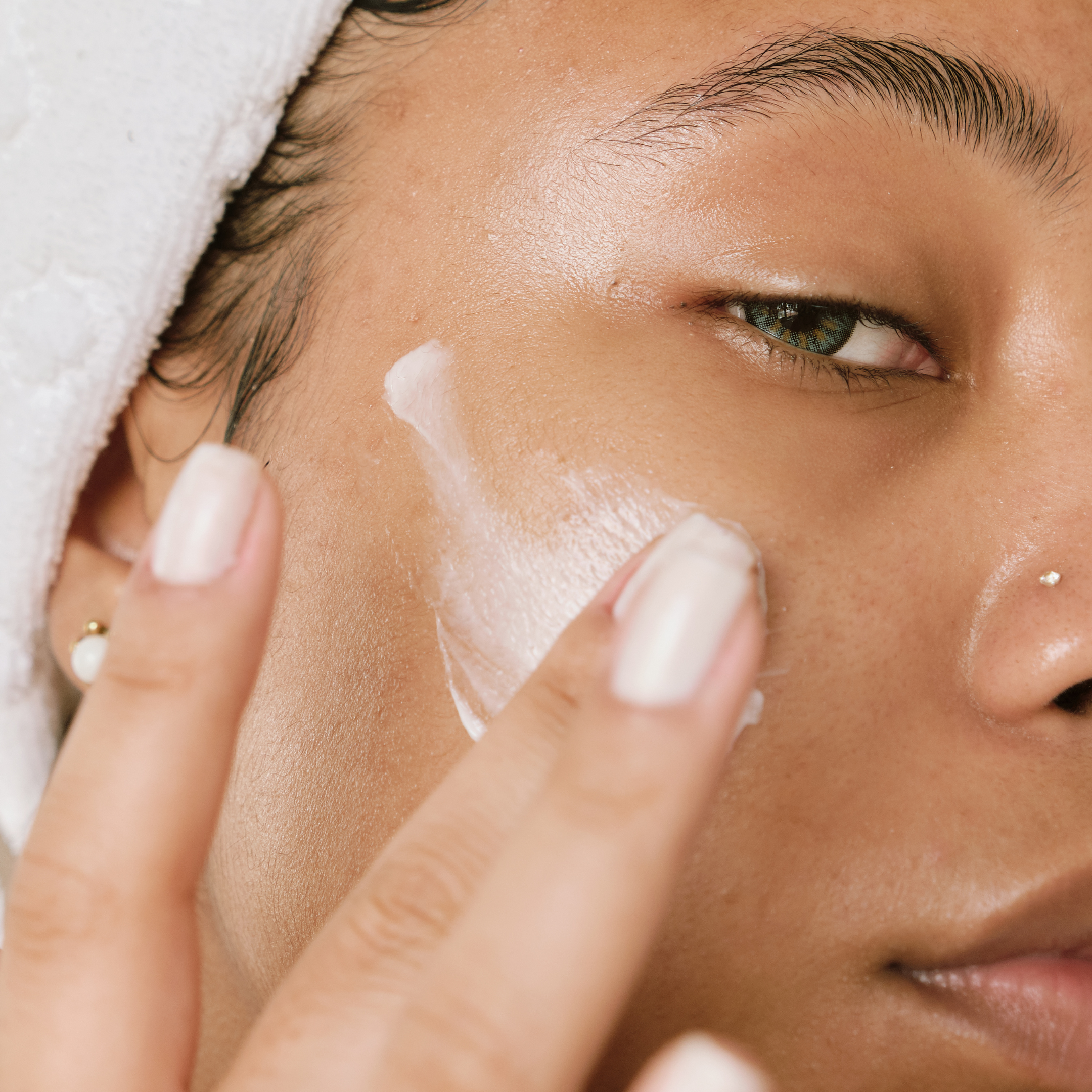
At PureNeem, we provide a carefully curated selection of products designed to support blemish-prone skin and help reduce the appearance of acne and breakouts in line with cosmetic standards.
Our Neemra Clarifying Facial Cleanser, enriched with neem and turmeric, gently purifies the skin without disrupting its natural balance.
The PureNeem Mud Masque, made with Fuller’s Earth, turmeric, and other natural ingredients, helps absorb excess oil and visibly refine skin texture.
For targeted care, the Luminara C Radiance Serum brightens and soothes with niacinamide and vitamin C, while the Rejuvence Recovery Cream supports skin repair and hydration with peptides and ceramides, leaving your complexion calm, smooth, and refreshed.
Products for Acne & Breakouts
When to See a Dermatologist
While many cases of acne can be managed with over-the-counter products, if your acne is severe, persistent, or causing scarring, it’s time to consult a dermatologist. They can provide personalised treatment plans to help clear your skin and prevent long-term damage.

